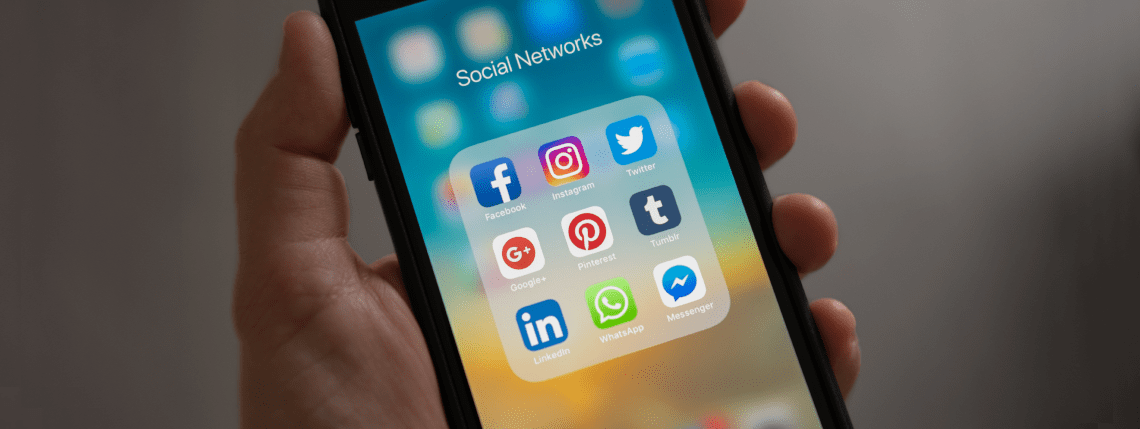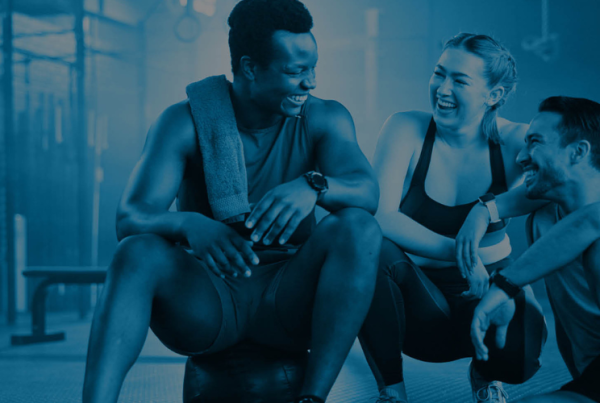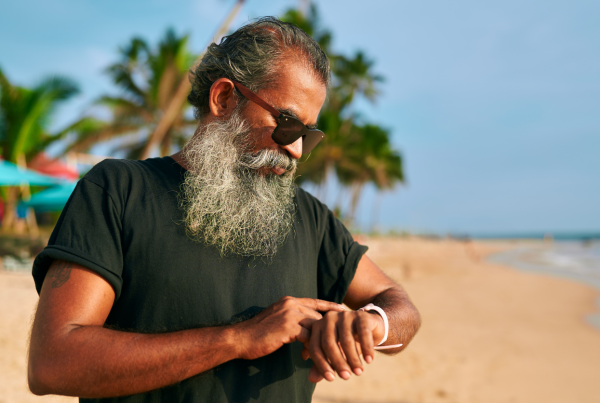Changes to the way we operate during lockdown have exposed fitness professionals to social media-induced self-doubt. You’re worth so much more than fleeting clicks, writes group fitness guru Marietta Mehanni.
It doesn’t matter how many memes are shared about being happy in the skin we’re in, it’s a personal journey for everyone. Some of us are blessed with grounded self-awareness while, for others, thoughts of personal physical inadequacy pop up several times a day, or more. We find ourselves doubting if we are in the shape we ‘should’ be.
The fall
During the past year, when I and many other group fitness instructors have turned to online opportunities, I’ve become more aware of the countless fitness influencers sharing on the same social platforms. Slim women with six-pack abdominals, gravity-defying buttocks, shapely arms and legs and flawless skin have crowded into the feed, touting programmes they claim will make you look like them. A glance at how many likes and comments appear at the bottom of their posts is enough to make any group exercise instructor doubt themselves.
So, on top of comparing how you look, you are now seeking validation. When you teach a live face-to-face class, validation comes in the form of facial expressions, physical exertion, comments, banter, laughter and feedback. In the silent and solo world of the social media live stream or upload, validation is received by the likes, comments, shares and number of followers or ‘friends’.
In the fitness facility, you were hired based on your qualifications, experience and ability. In the social media world, you are at the mercy of optimised feeds, boosted posts, paid advertising and the number of people you can connect with. Now you are comparing not only your body and number of likes, but also how viral your content is.
So, what’s the solution?
Why did you start?
Ask yourself ‘why’ you started teaching in the first place. For many instructors, their ‘why’ is improving community health and wellbeing, or sharing the joy of the group exercise environment, or that endorphin high that comes from finishing a class, feeling successful and sweaty.
What keeps you going?
Address what drives you. It may be a sense of commitment, an observance of consistency, a desire to maintain your own personal fitness, or a sense of duty to participants who rely on you and wouldn’t exercise if it weren’t for you being there to teach the class. Instructors seldom realise the incredible impact they make on others’ lives until the day a participant confides their personal journey.
Whose acceptance is most important?
Using social media to validate who you are is destructive. We all know the importance of self-acceptance but this doesn’t happen when you are constantly searching your feed for positive feedback.
When you compare yourself to another, or look for flaws to justify a point of view, you are most definitely not in acceptance mode. This, of course, is a personal journey of discovery that takes time. For many, in fact, it takes years and enough life experience to know that a ‘like’ is as fleeting as the posts in your feed.
Self-acceptance is the solid and grounding knowledge that you are OK just the way you are. Not everyone is going to like the uniqueness that is you, but there will be some for whom it is the answer to their prayers. If you are going to interact with social media, be there for those people and don’t dilute who you are.
Sure, you may find yourself looking down the rabbit hole every now and again, but know that the validation you seek is in the knowledge that you are fulfilling your purpose and your why.
Where to next? Find out why you should Take care of yourself – no one else will do a better job








